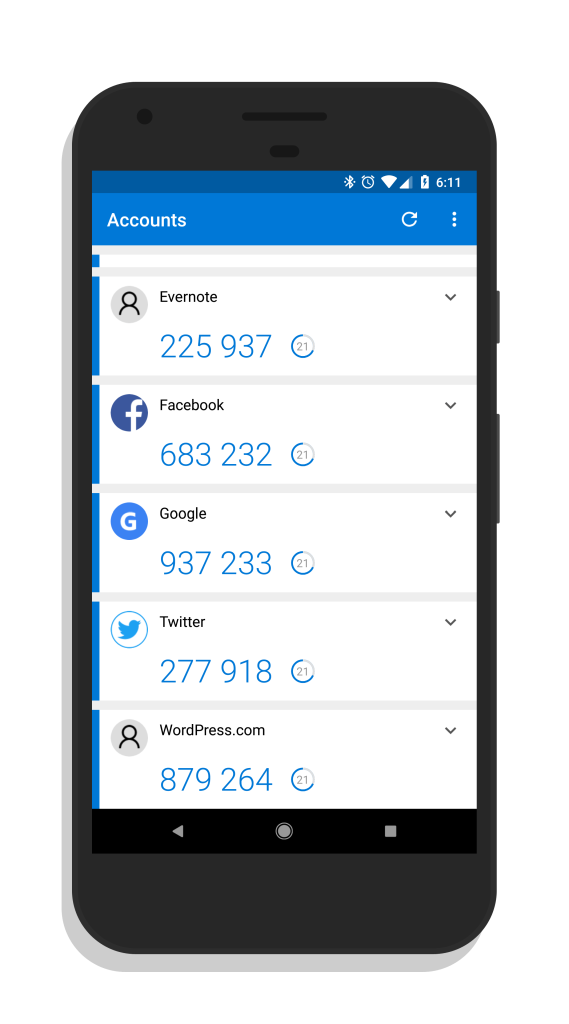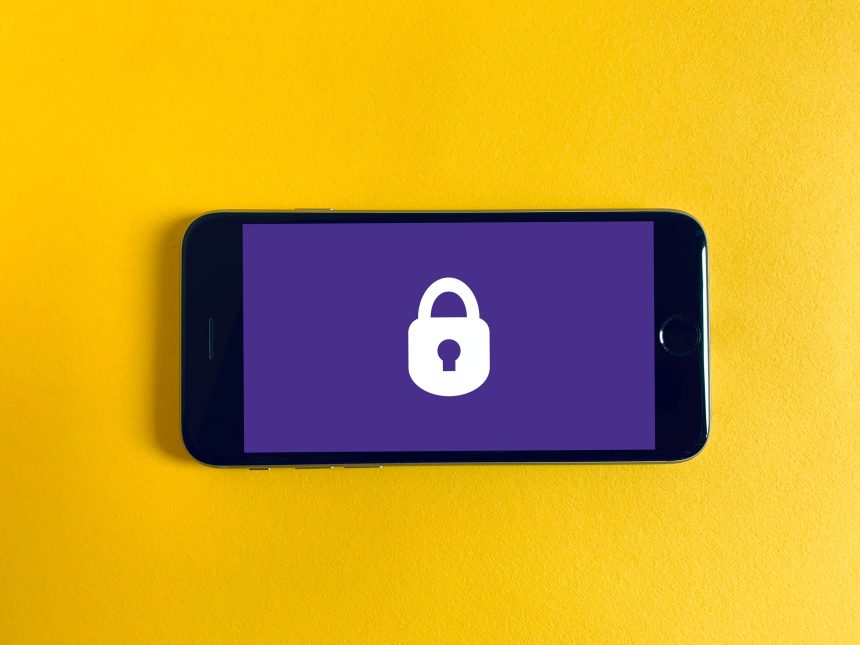Cybersecurity is still an issue for most online service providers. As more services become digital, so too does the rise of online scammers.
Online fraud is a serious issue that affects many people and businesses. According to a report from TransUnion, digital fraud attacks against financial services companies increased 109% in the U.S. between 2019 and 2020.
In Africa, similar numbers are rising on social media and e-commerce.
To help combat online fraud, there are some tools to help with protecting your online accounts. One of those tools is Two Factor Authentication (2FA).
What Is Two Factor Authentication (2FA)
Two-factor authentication (2FA) is a security method that requires users to verify their identity with two pieces of evidence, such as a password and a code sent to their phone or email. 2FA adds an extra layer of protection to online accounts and prevents unauthorized access by hackers or cybercriminals.
Why is 2FA important? Because it adds an extra layer of protection against cyberattacks that may compromise your passwords or personal information. If someone steals your password, they still need access to your phone or email to log into your account. This makes it much harder for hackers to break into your online accounts and steal your data, money, or identity.
Here are some benefits of 2FA:
Reduction Of Identity Theft and Fraud
According to a report by Javelin Strategy & Research, identity fraud cost consumers $56 billion in 2020, and account takeover fraud increased by 72% from 2019.
2FA can prevent hackers from accessing sensitive information or funds by using stolen passwords or credentials.

Enhancing User Trust and Loyalty
Users expect service providers to protect their data and privacy, especially in the wake of data breaches and cyberattacks that expose millions of records. By offering 2FA, service providers can demonstrate their commitment to security and earn the trust and loyalty of their users.
Improving User Experience
Users may find it cumbersome to remember multiple passwords or reset them frequently. With 2FA, users can use their phone or email as a second factor, which is more convenient and accessible than memorizing passwords. Moreover, some service providers offer biometric authentication, such as fingerprint or face recognition, which is even more user-friendly and secure.
To get started on using 2FA, users can use apps like Microsoft or Google Authenticator. Both apps prompt users to type in a timed specific code before they access a specified online app or service. These apps could also require the user to confirm that they are the ones who tried to log in to an online app or service.

In conclusion, two-factor authentication is a vital security feature that service providers should provide to their users. It can help reduce the risk of identity theft and fraud, enhance user trust and loyalty, and improve user experience and convenience. Service providers who adopt 2FA can gain a competitive edge in the market and attract more customers who value security and privacy.










